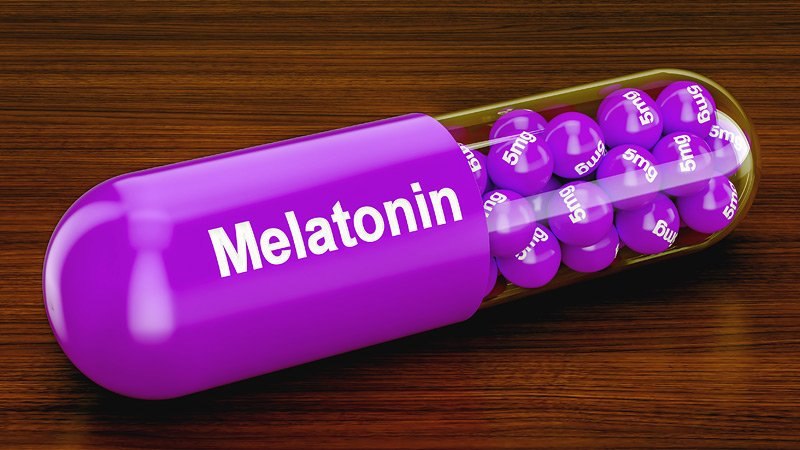Melatonin could be a possible treatment for those who contract the coronavirus, according to a new study from the Cleveland Clinic. The findings were published Monday in the journal PLOS Biology.
The hormone, which regulates the body’s circadian rhythm and sleep-wake cycle, was associated with a 30% reduced likelihood of testing positive for COVID-19. However, additional studies are needed, the researchers said.
“It is very important to note these findings do not suggest people should start to take melatonin without consulting their physician,” Feixiong Cheng, the lead author of the study and a researcher in the Cleveland Clinic’s Genomic Medicine Institute, said in a statement.
“Large-scale observational studies and randomized controlled trials are critical to validate the clinical benefit of melatonin for patients with COVID-19,” Cheng said. “But we are excited about the associations put forth in this study and the opportunity to further explore them.”
The research team analyzed patient data from Cleveland Clinic’s COVID-19 registry and saw that melatonin usage was related to a reduced likelihood of testing positive. They specifically looked at the common symptoms and causes of death for severe COVID-19 and other diseases, such as sepsis and respiratory distress syndrome, to see if any current drugs on the market could help with coronavirus cases.
Overall, they determined that autoimmune, lung and neurological diseases were most similar to the disease caused by the coronavirus, and they identified 34 potential drugs that might help. Melatonin was a top contender among them.
“Recent studies suggest that COVID-19 is a systematic disease impacting multiple cell types, tissues and organs,” Cheng said. “Knowledge of the complex interplays between the virus and other diseases is key to understanding COVID-19-related complications and identifying repurposable drugs.”
Original Article: webmd



